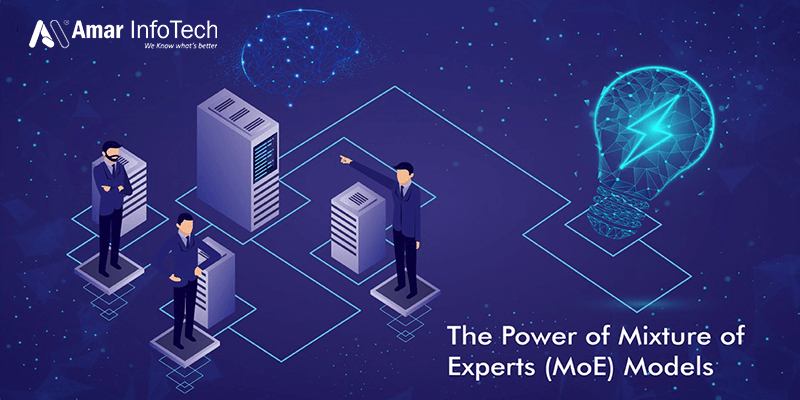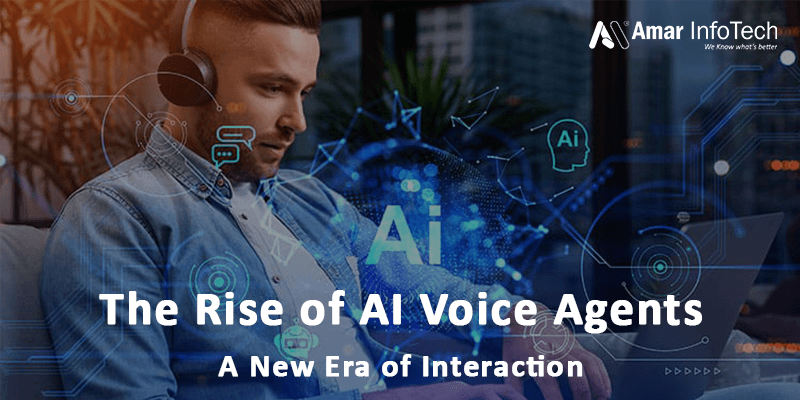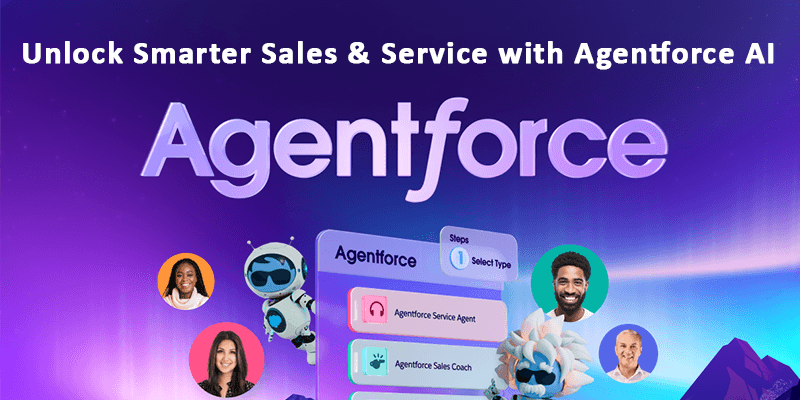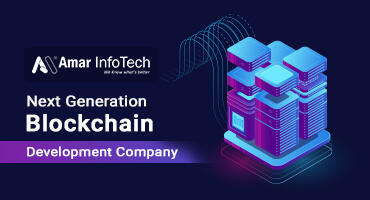Ready for Digital Transformation? Your Vision, Our Expertise - Let’s Build Innovative Software Together!
Essential AI Tools for Streamlined DevOps Automation
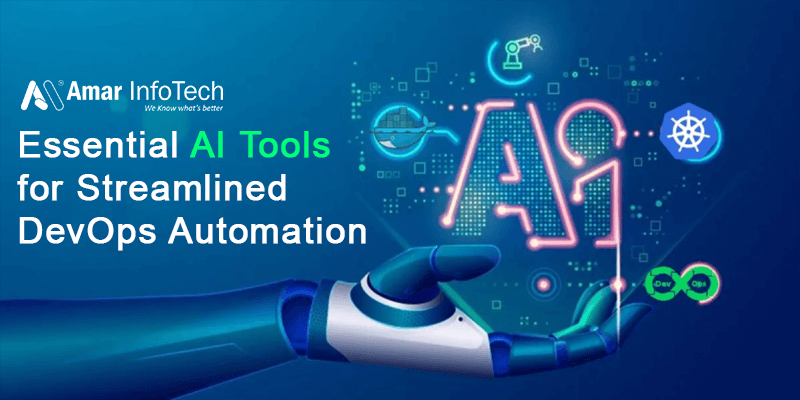 Blog Future of AI
Blog Future of AI
In the fast-paced and highly competitive tech landscape of the United States, organizations are increasingly turning to artificial intelligence (AI) to optimize their DevOps processes. As DevOps continues to evolve, integrating AI-driven solutions has become essential for improving efficiency, reducing errors, and accelerating the development lifecycle. Here’s a look at some of the most essential AI tools that are transforming DevOps automation in the U.S.
1. AI-Powered CI/CD Tools
Continuous Integration and Continuous Deployment (CI/CD) are at the heart of DevOps practices. AI can significantly enhance the effectiveness of CI/CD pipelines, automating tasks such as code analysis, testing, and deployment.
- GitLab: GitLab offers an AI-driven solution that automates testing, code reviews, and security scans. This results in faster development cycles while ensuring code quality and security.
- CircleCI: CircleCI integrates AI to predict build failures, allowing teams to address potential issues before they occur, thus ensuring more reliable deployments and quicker delivery times.
2. AI-Enhanced Monitoring and Incident Management
Monitoring infrastructure and applications in real-time is critical for DevOps teams to quickly identify and resolve issues. AI can help streamline this process by automating anomaly detection, root cause analysis, and incident resolution.
- Datadog: Datadog uses AI to monitor infrastructure and applications, providing insights into system performance and predictive alerts about potential issues.
- Moogsoft: Moogsoft applies machine learning to automatically detect incidents and anomalies in your systems, significantly reducing the time to resolution and helping DevOps teams stay ahead of potential disruptions.
3. Automated Testing with AI
AI-based testing tools are transforming the way DevOps teams perform software testing. With AI’s ability to predict and identify patterns, testing becomes faster and more effective.
- Test.ai: This AI-powered testing tool automates the generation of tests for web and mobile applications, using machine learning to identify the most important areas of the application to test.
- Applitools: Applitools uses AI to perform visual testing, ensuring that applications are visually consistent and free of errors, especially after updates or changes.
4. AI for Automated Infrastructure Management
Automating infrastructure management is essential for DevOps teams to scale operations efficiently. AI helps streamline processes like provisioning, scaling, and managing infrastructure resources.
- Terraform + AI Integration: AI can enhance Terraform’s infrastructure-as-code capabilities by predicting resource usage and automatically adjusting configurations, reducing human error and ensuring smoother scaling.
- CloudHealth by VMware: CloudHealth uses AI to analyze cloud infrastructure, optimize resource allocation, and help organizations manage costs effectively.
5. AI-Powered Security
In today’s threat landscape, ensuring security throughout the DevOps pipeline is critical. AI-driven security tools help automate vulnerability scanning, risk assessments, and incident response.
- Snyk: Snyk uses AI to identify vulnerabilities in code, open-source dependencies, and container images. By continuously monitoring for risks, it enables DevOps teams to fix vulnerabilities before they become significant security threats.
- Palo Alto Networks Prisma Cloud: This tool employs AI to provide real-time cloud security, automating threat detection and response across multi-cloud environments.
6. AI for Performance Optimization
Optimizing the performance of applications and infrastructure is crucial for maintaining a seamless user experience. AI tools can automatically monitor system performance and recommend optimizations.
- Dynatrace: Dynatrace leverages AI to monitor application performance, detect anomalies, and recommend fixes for potential issues in real-time, improving system uptime and reliability.
- New Relic: New Relic uses AI to help teams gain deeper insights into application performance and optimize infrastructure, ensuring fast and reliable deployments.
AI-Driven ChatOps
AI-powered ChatOps tools improve communication and collaboration within DevOps teams, enabling automated actions through chat platforms like Slack or Microsoft Teams.
- Opsgenie: Opsgenie integrates AI to manage on-call schedules and automatically assign tasks during incidents. It helps DevOps teams respond quickly to critical issues, improving incident resolution times.
- Slack + AI Integrations: By integrating AI-powered bots and tools within Slack, teams can automate various DevOps tasks, such as build notifications, test results, and deployment status, directly through their communication platform.
Conclusion
As U.S.-based organizations increasingly adopt DevOps practices, leveraging AI tools becomes essential to remain competitive. From automating testing and monitoring to improving security and optimizing infrastructure, AI is revolutionizing the DevOps landscape. By integrating these AI-driven solutions, DevOps teams can streamline their workflows, enhance collaboration, and deliver better software faster.
Incorporating AI into your DevOps strategy isn’t just a trend — it’s a necessity. Stay ahead of the curve by adopting the right AI tools and empowering your teams to work smarter, not harder.

